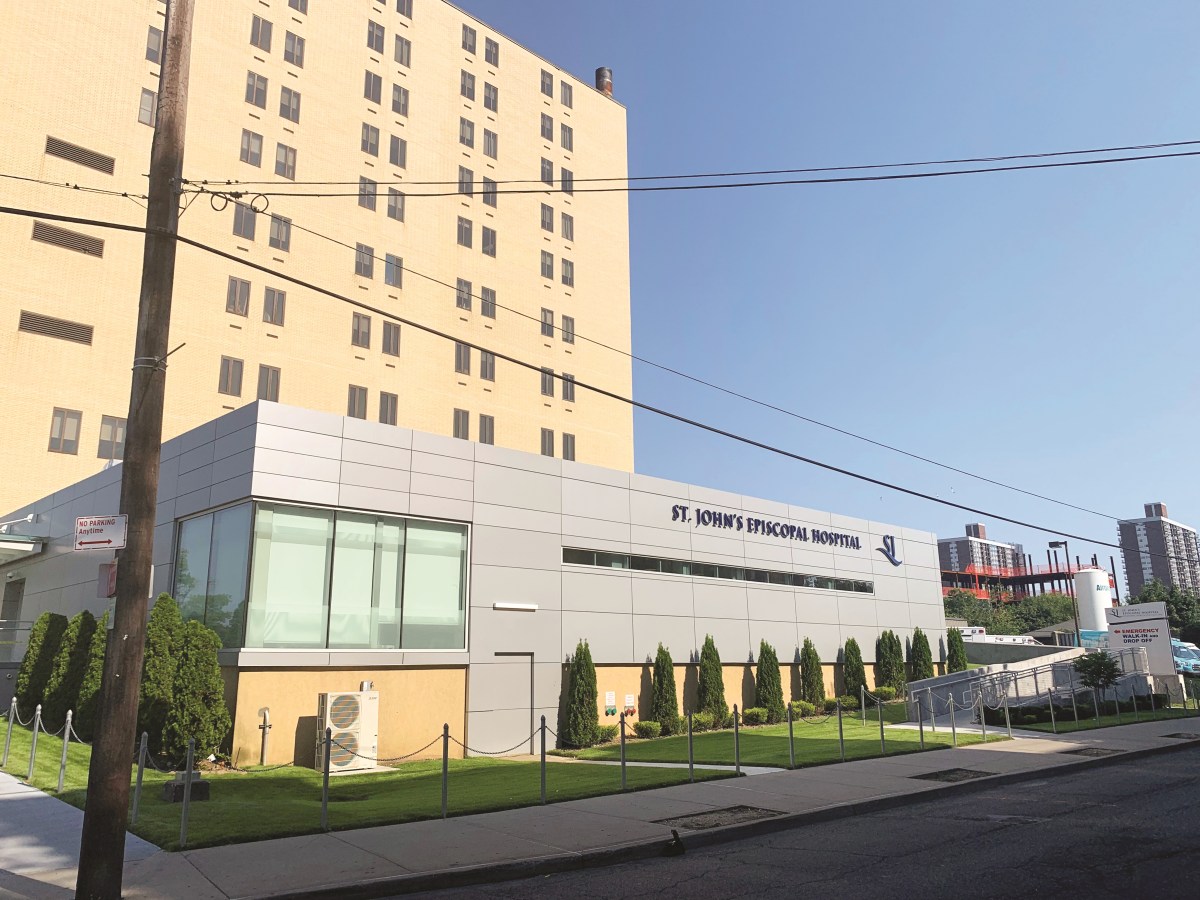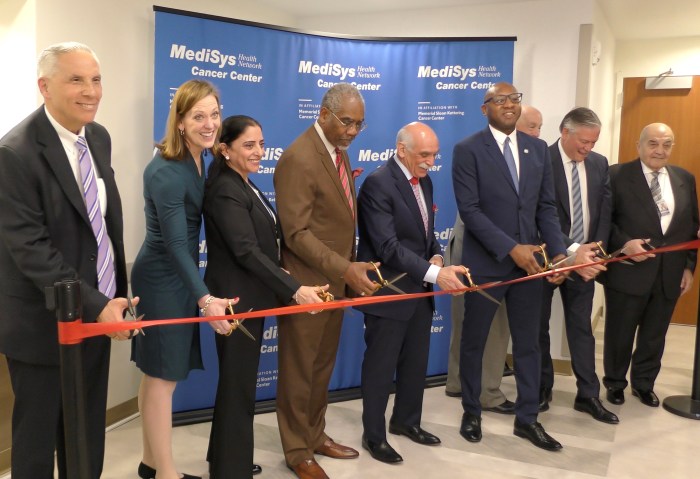Since St. John’s Episcopal Hospital admitted Queens’ first COVID-19 patient back in March, the hospital staff has worked tirelessly to successfully treat and discharge more than 120 patients affected by the virus.
According to hospital healthcare workers, SJEH has made a number adjustments and investments to provide patients with elevated care, including purchasing new beds and equipment and increasing telehealth measures.
“We work hard to ensure that we are as prepared as possible to treat each COVID-19 patient, and have made significant investments to see that our patients achieve positive health,” said SJEH Chief Medical Office Dr. Donald Morrish. “When we are able to successfully discharge a person, it brings us great joy, and also shows that there are people who have overcome COVID-19.”
Data released by the city’s Department of Health and Mental Hygiene found that the Rockaways communities are among the hardest hit by the virus.
Since March, SJEH has increased its beds from 257 to 326, purchased additional beds and stretchers and converted existing beds into intensive care units (ICU). The hospital has also hired more staff and transformed its fifth floor outpatient specialty services practice to an inpatient unit.
Additionally, the hospital has created several negative pressure rooms on the premises, which uses a special ventilation system to prevent the spread of contagious diseases.
“Our investments are helping people heal during this pandemic, and I want to see more positive outcomes. We will spare no expense,” said hospital Chief Executive Office Jerry Walsh. “And, I have the utmost respect for our doctors, nurses and entire staff who come to work each day to help those who need it most.”
Other hospital investments include the purchase of much-needed personal protective equipment (PPE), ventilators and other essential equipment and the implementation of a new telehealth/virtual visits system. The system, which SJEH rolled out in March, allows patients to have their doctor appointments via computer, phone or tablet.


































